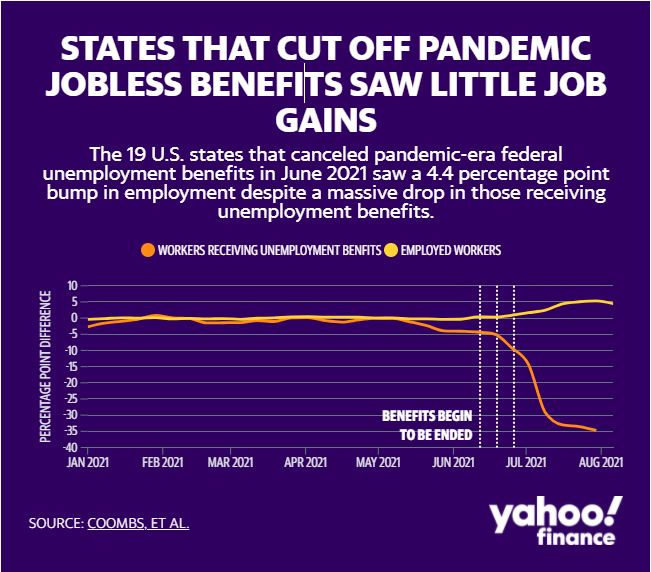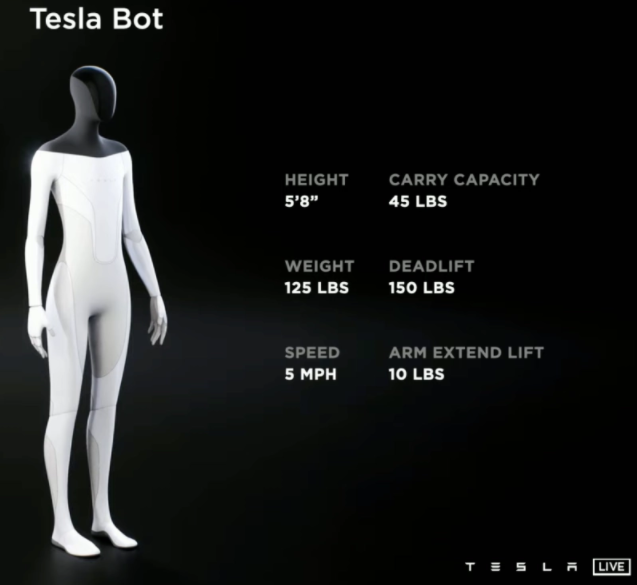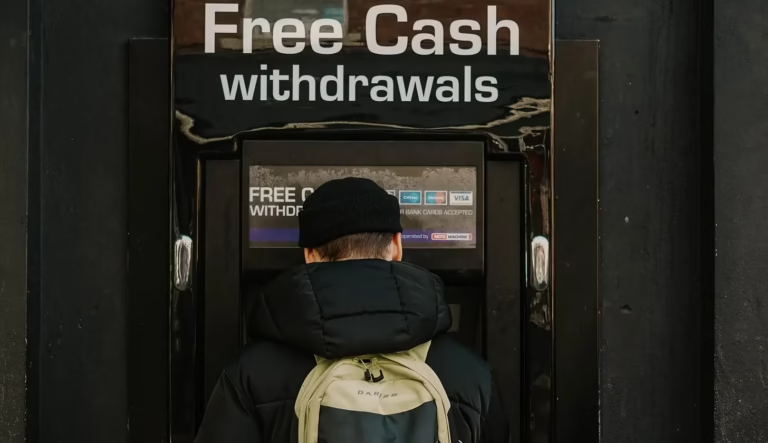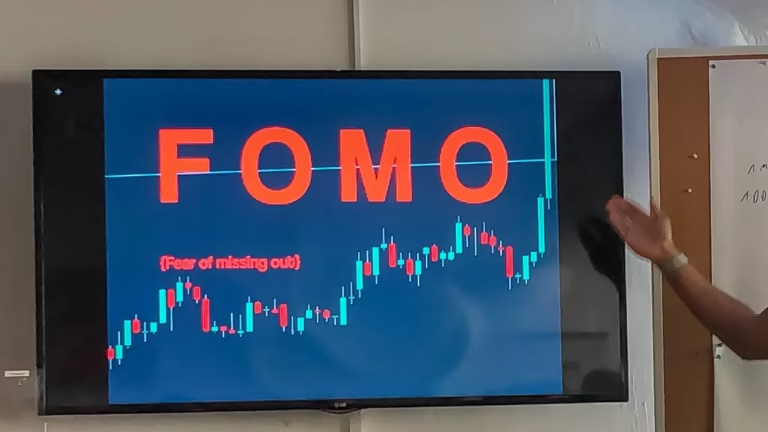Employers need to stop looking at $$$ and become attractive to the labor force
I have been a small business owner since 2005. When people talk about how hard it is to generate steady income as a business owner, they are right to say it’s hard.
We all learned that millions of people lost their jobs during the pandemic and the government provided financial support directly to all of us as well as to companies who applied for EIDL and PPP loans.
The expectation was that labor would come back to work as soon as conditions would allow it.
In reality, that return to work has been slower than many so-called ‘experts” anticipated.
Anybody who knows me knows that I am very critical of politicians, especially when they have been in politics for many years, sometimes decades. It’s even worse when they have grown so old in these political roles that they are no longer connected to regular people’s lives. I vividly recall treasury secretary Mnuchin answering the question: “How long do you think these stimulus checks will last for people who received them?” He said — probably 3 months.
Seriously, how disconnected from reality do you need to be? Most of the governors are retirement age and some in their late 70’s and early 80’s
When they said that people won’t go back to work because they are receiving too much money from the federal government and ended the programs early, it did not result in people in those states flooding back to the workplace.
Denitsa Tsekova from Yahoo finance reported on Aug 20th, 2021:
The 19 states that canceled the benefits in June saw a $4 billion reduction in federal unemployment payments and a $2 billion drop in consumer spending. At the same time, only $270 million in new earnings came in, representing just 7% of the unemployment benefits that were lost.
“The main question was: Did pushing [the expiration] earlier to June help the local economy? And that answer seems to be mostly no,” Dube said. “That’s a net loss for those state economies because this was federal dollars going into those states.”

Some people say that the reason for jobless people not taking on the roles they had before the pandemic or new jobs in the same industry is the amount of money they would receive.
The argument is: “Employers need to pay more to get their workers back.”
While it is true that inflation has been strong and probably will remain strong going forward, that alone is not a good enough reason. For one, we know that the government reported inflation is not nearly true, so employers would have to raise wages closer to 10–15% than the government admitted 5%.
The true reasons are different in my opinion.
During the pandemic, anybody who had a service job that could be provided from home saw that it is possible, even though employers for years kept telling us that it’s not.
Now a lot of these employers want to force their labor force to come back.
Come back to what?
Commuting and standing in line? Being in a cubicle close to a lot of other people? Wages that are kept as low as possible to maximize profits for shareholders? Being “bossed-around” and micromanaged, especially in lower-wage service jobs?
What people have realized and employers still struggle with is a new appreciation for relationships:
We all like to work with folks we like. We like to apply what we have learned and do things in a reasonable, logical, common-sense way.
Most employers want to press their employees in a corset and when someone speaks up they’re told to shut up and appreciate that they have a job and get paid.
A great example describing what the dynamics are can be found in this NPR interview recording: The COVID Small Business Boom
You will hear about Chris Van Jura, a guy who used to manage higher-end restaurants for a company. He was fired when the pandemic hit.
When he wondered what he wants to do and how he wants to interact with people, he decided to use some of his savings and buy an old food truck, renovate it and start a hot dog stand that serves a special kind of hot dog famous in New Jersey.
Listen to the recording and hear how he gets choked up when asked how he feels about his new way of working. It’s emotional — I can tell you.

You don’t hear that from a regular employee working for little more than minimum wage.
The days of keeping costs down, maximizing profits, making shareholders happy, explaining everything with rule books, financial calculations, and cost analysis are over. That worked when people didn’t know that they have alternatives.
6 million people already took action and started new businesses. As long as they see an opportunity to make their business work they will not come back to traditional employers.
There are terms like “family business” and “company” culture that need to be moved up and receive much more emphasis. The freedom to manage our time, decide what we do — know that there are consequences, and do it anyway — as millions of small business owners do every day is what employers who want to attract the labor force need to be aware of and offer attractive solutions.
They told you that you couldn’t do it yourself and that you need to dance to the tune of the boss.
The pandemic has demonstrated that we can manage our time, keep an eye on our expenses, engage others we work with and help each other based on good relationships, care, trust, empathy, etc.
As long as employers keep focusing on $$$ and not on the deeper values the modern labor force is looking for, more and more gig workers and small businesses will replace traditional employment and work.
Hot off the press I learned last night that the boring, repetitive, dangerous hazardous, underpaid jobs will be replaced by Tesla Bot in the not very distant future. I can imagine the many jobs in harvesting that these guys could do. It will take some time to get used to when encountering these guys in restaurants and retail stores.

On 19th Aug 2021 Elon Musk said we need universal basic income because ‘in the future, physical work will be a choice’. That’s food for the next article.




